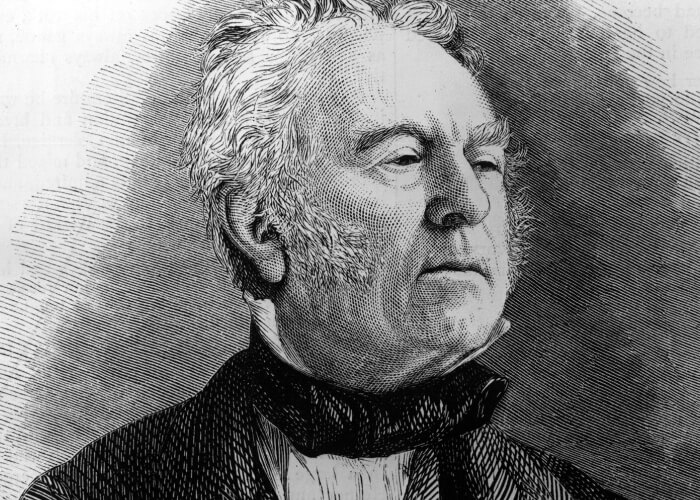> Funeral Poems > Walter Savage Landor
Walter Savage Landor - Best 2 Funeral Poems [Includes PDF & Audio]
Step into the evocative world of Walter Savage Landor with our chosen collection of three insightful funeral poems. On this page, you'll journey through Landor's profound expressions of grief, loss, and the eternal power of remembrance.

Looking for a Funeral Director?
Contact someone today
1) Finis
Please note the audio recording may not exactly match the text version as poems are sometimes tailored/personalised.
I strove with none, for none was worth my strife.
Nature I loved and, next to Nature, Art:
I warm‘d both hands before the fire of life;
It sinks, and I am ready to depart.
Nature I loved and, next to Nature, Art:
I warm‘d both hands before the fire of life;
It sinks, and I am ready to depart.
Read more about this poem
2) On His Own Death
Please note the audio recording may not exactly match the text version as poems are sometimes tailored/personalised.
Death stands above me, whispering low
I know not what into my ear:
Of his strange language all I know
Is, there is not a word of fear.
I know not what into my ear:
Of his strange language all I know
Is, there is not a word of fear.
Read more about this poem
History & Information about poet Walter Savage Landor
Walter Savage Landor was an English writer and poet born on January 30, 1775, in Warwick, England. He was the son of a physician and was educated at Rugby School and Trinity College, Oxford.
Landor's literary career began with the publication of his first book of poetry, "Gebir," in 1798. The book was inspired by his travels in Spain and Italy and was well-received by critics.
Landor's most famous works include his "Imaginary Conversations," a series of dialogues between historical figures, and his "Pericles and Aspasia," a collection of letters between the Athenian statesman Pericles and his lover Aspasia.
Landor was known for his wit, erudition, and love of classical literature, and his works often explored themes of love, friendship, and the nature of human relationships.
Despite his literary success, Landor was known for his volatile temper and his tendency to engage in public disputes. He was involved in several legal battles and was eventually forced to flee England in 1835 to avoid arrest.
Landor spent much of his later life traveling in Italy and writing, and he continued to publish poetry and prose until his death on September 17, 1864, in Florence, Italy.
Walter Savage Landor is remembered as one of the most important writers and poets of the Romantic era, and his works continue to be studied and admired for their intelligence, insight, and timeless relevance.
Landor's literary career began with the publication of his first book of poetry, "Gebir," in 1798. The book was inspired by his travels in Spain and Italy and was well-received by critics.
Landor's most famous works include his "Imaginary Conversations," a series of dialogues between historical figures, and his "Pericles and Aspasia," a collection of letters between the Athenian statesman Pericles and his lover Aspasia.
Landor was known for his wit, erudition, and love of classical literature, and his works often explored themes of love, friendship, and the nature of human relationships.
Despite his literary success, Landor was known for his volatile temper and his tendency to engage in public disputes. He was involved in several legal battles and was eventually forced to flee England in 1835 to avoid arrest.
Landor spent much of his later life traveling in Italy and writing, and he continued to publish poetry and prose until his death on September 17, 1864, in Florence, Italy.
Walter Savage Landor is remembered as one of the most important writers and poets of the Romantic era, and his works continue to be studied and admired for their intelligence, insight, and timeless relevance.
Main Categories

See links below:
Popular Poems

See links below: